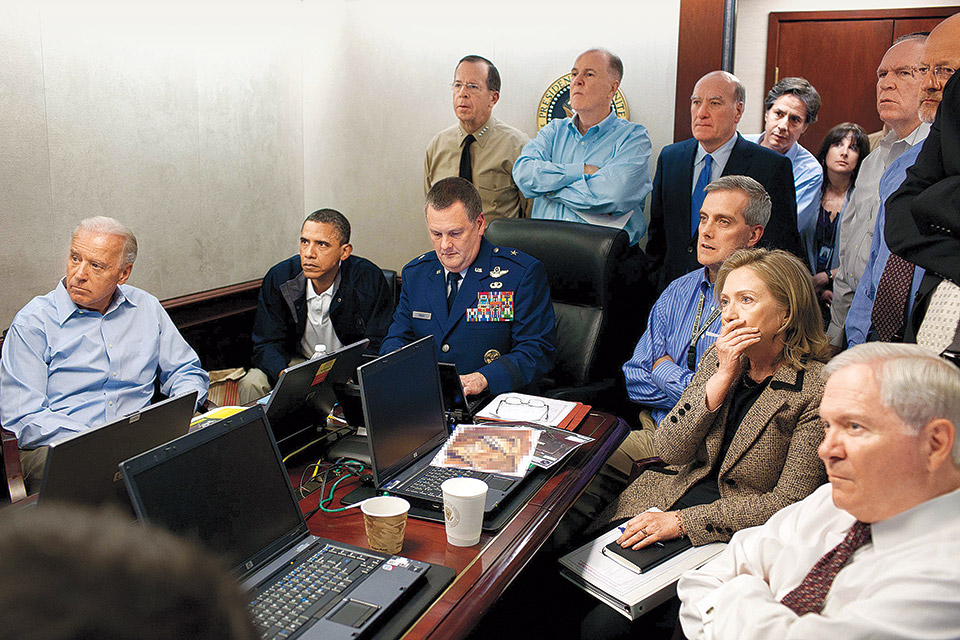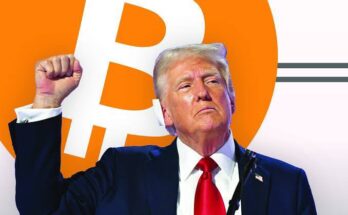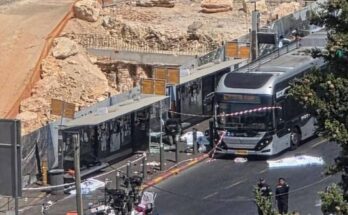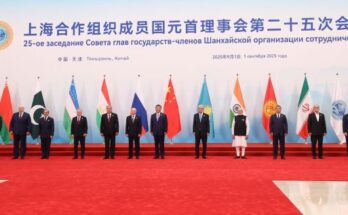
Team News Riveting
US President-elect Joe Biden had advised Barack Obama to wait to order the raid that killed the world’s most wanted terrorist Osama bin Laden on May 2, 2011 in Abbottabad of Pakistan.
“Joe weighed in against the raid,” Obama wrote in his memoirs A Promised Land that hit the stalls today. He underlined that his vice-president, who would follow him to the White House in January, immediately supported his decision to proceed with the Bin Laden raid.
During this year’s election, Republican attack ads claimed Biden opposed taking Bin Laden out altogether.
Biden has said that during group discussion of whether to order the raid, he advised Obama to take more time, saying: “Don’t go.” He has also said he subsequently told Obama to “follow your instincts”.
Laden, the world’s most wanted terrorist, was the chief of al-Qaeda that carried out the 9/11 attacks on twin towers in New York, killing nearly 3,000 people. He was killed in a covert raid by a US Navy SEAL team at his Abbottabad compound in Pakistan.
Barack Obama has said that he had ruled out involving Pakistan in the raid on Osama bin Laden’s hideout because it was an “open secret” that certain elements inside Pakistan’s military, and especially its intelligence services, maintained links to the Taliban and perhaps even al-Qaeda, sometimes using them as strategic assets against Afghanistan and India.
Giving a blow-by-blow account of the Abbottabad raid by American commandos that killed the world’s most wanted terrorist on May 2, 2011, the former US president described the various options of killing bin Laden once it became increasingly clear that the elusive al Qaeda chief was living in a safe hideout on the outskirts of a Pakistani military cantonment in Abbottabad.y
“The need for secrecy added to the challenge; if even the slightest hint of our lead on bin Laden leaked, we knew our opportunity would be lost. As a result, only a handful of people across the entire federal government were read into the planning phase of the operation,” he said.
In the final stages they were discussing two options. The first was to demolish it with an air strike. The second option was to authorise a special ops mission, in which a select team would covertly fly into Pakistan via helicopter, raid the compound, and get out before the Pakistani police or military had time to react.
Despite all the risks involved, Obama and his national security team opted for the second option, but not before multiple rounds of discussions and intensive planning.
After the successful Abbottabad raid, Obama made a number of calls domestically and internationally, the toughest of which he expected to be that with the then Pakistan President Asif Ali Zardari, he wrote.
“I expected my most difficult call to be with Pakistan’s beleaguered president, Asif Ali Zardari, who would surely face a backlash at home over our violation of Pakistani sovereignty. When I reached him, however, he expressed congratulations and support. ‘Whatever the fallout,’ he said, ‘it’s very good news. He showed genuine emotion, recalling how his wife, Benazir Bhutto, had been killed by extremists with reported ties to al-Qaeda, Obama wrote.



